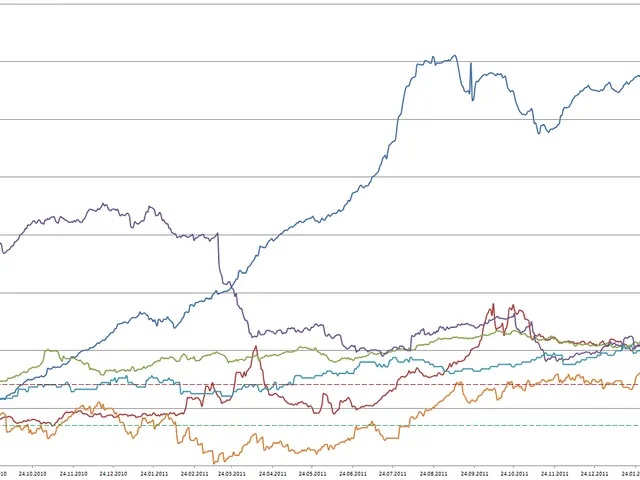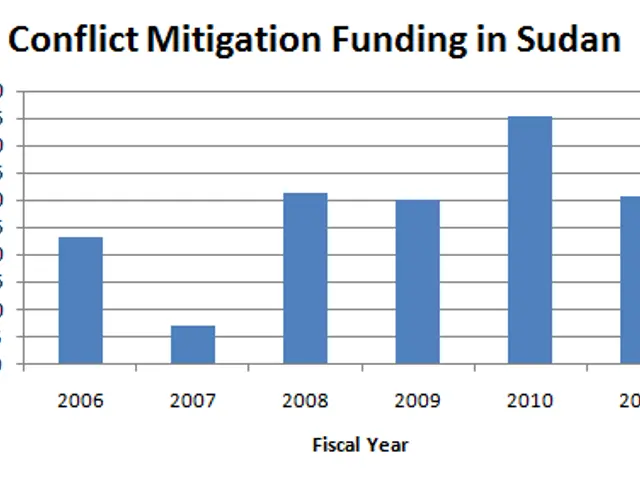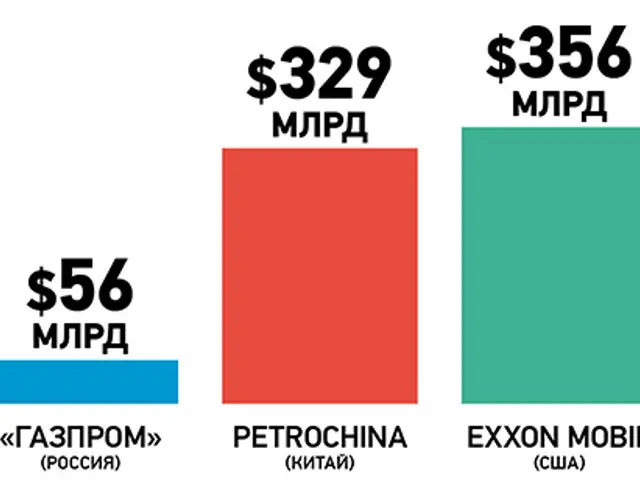India’s Economic Chief Calls for Regulatory Reforms to Drive 8% Growth
Anuradha Thakur, Secretary of the Department of Economic Affairs (DEA), has highlighted key areas for India’s financial and economic growth. Speaking on recent developments, she stressed the need for regulatory harmony, digital reforms, and sustained investment to maintain stability.
Meanwhile, state governments have announced updates to welfare schemes and employee benefits, reflecting broader economic adjustments.
Thakur noted that India’s economy remains stable despite US tariffs. She pointed to steady growth and resilience in trade, though she acknowledged challenges in the stock market. The corporate bond sector, she explained, is still dominated by high-rated issuers, with limited activity in secondary trading.
To ease compliance, Thakur is working with US regulators, including the SEC, FINRA, and CFTC. Her goal is to align rules and simplify processes for investors. She also called for faster digitisation of Foreign Portfolio Investor (FPI) procedures and smoother KYC requirements for Non-Resident Indians (NRIs).
On domestic policy, Thakur suggested that passing on GST rate cuts could boost financial sector growth. She hinted at plans for a new arbitration centre to resolve disputes more efficiently. Additionally, she observed a shift in corporate funding, with manufacturing firms relying less on bank loans and institutional debt.
Beyond central policies, state-level changes are underway. The Maharashtra government has extended the e-KYC deadline for its Majhi Ladki Bahin welfare scheme to December 31. In Haryana, officials approved a dearness allowance hike for state employees, raising the rate to 474%.
Thakur reiterated that achieving over 8% growth requires stronger investments, with banks and capital markets playing a crucial role. She urged regulators to reduce friction and improve coordination to attract more funding.
The DEA’s focus remains on streamlining regulations, digitising financial processes, and encouraging investment. State-level adjustments, such as extended welfare deadlines and allowance increases, reflect ongoing efforts to support citizens and workers.
Thakur’s remarks underscore the balance between maintaining economic stability and pushing for reforms in capital markets, compliance, and dispute resolution.
Read also:
- India's Agriculture Minister Reviews Sector Progress Amid Heavy Rains, Crop Areas Up
- Cyprus, Kuwait Strengthen Strategic Partnership with Upcoming Ministerial Meeting
- Inspired & Paddy Power Extend Virtual Sports Partnership for UK & Ireland Retail
- South West & South East England: Check & Object to Lorry Operator Licensing Now








